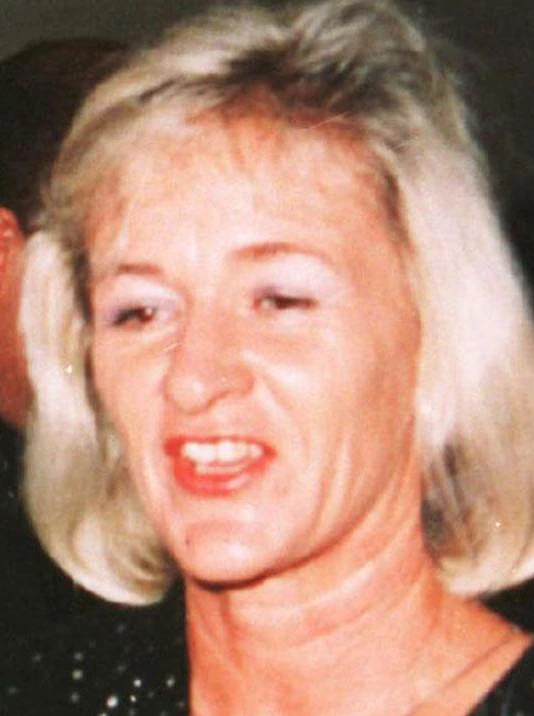A Supreme Court judge has reserved his decision on whether to release notorious killer Patricia Byers, known as the Black Widow.
Key points:
- Patricia Byers was convicted of murdering her partner in 1990
- She has been in prison in South Australia since 2009
- She wants to be released on parole
Byers is serving a life sentence for murdering her former partner, Carel Gottgens, in Queensland in 1990.
His body was never found and Byers claimed at trial he was still alive and living in Thailand.
She was also convicted of attempting to murder another partner who survived being shot in the head in 1993, also in Queensland.
While investigating that case, police delved deeper into the disappearance of Mr Gottgens three years earlier.
Byers, who is now in her 70s, was transferred to a South Australian prison in 2009.
Dispute over police report
She has applied for a judicial review in the Supreme Court, seeking to overturn a Parole Board decision last year to refuse her latest application for release.
Her lawyer, Nick Vadasz, said his elderly client had been in jail for 27 years and the Parole Board had erroneously relied on an inaccurate police report.
Supplied
)A lawyer for the Parole Board told the court the decision was sound as the board believed Byers was untruthful and remained a danger to the community.
Byers maintained her innocence until years later when she admitted to killing Mr Gottgens.
Under amendments to South Australian laws, convicted murderers cannot become eligible for parole “unless the board is satisfied that the prisoner has satisfactorily cooperated in the investigation of the offence”.
The court heard Byers had changed her story multiple times, denying any involvement in the murder, then later saying Mr Gottgens was sitting on a wharf when she struck him and he fell into the water.
The police report given to the Parole Board stated she had killed him in his bed because there was evidence of blood spatter on the walls.
“She is the only one who knows what happened. If the Parole Board is to reject her version as untruthful then they have to embark on analysis of the evidence,” Mr Vadasz told the court.
Police ‘clearly got it wrong’
Mr Vadasz told the court the original prosecutor in his client’s trial never sought to determine where or how the victim was killed.
He said the Parole Board was wrong to rely on the police report, which was flawed, and could therefore not draw conclusions that his client was being deceitful.
“It was never the case of him being killed in his bed,” he said.
“What I submit is that police have clearly got it wrong and they have no basis, even on the balance of probabilities … to make that assertion.”
Byers appeared by video link from prison and sat with her head in her hands for most of the hearing, frequently wiping away tears.
Justice Timothy Stanley will deliver his ruling at a later date.




